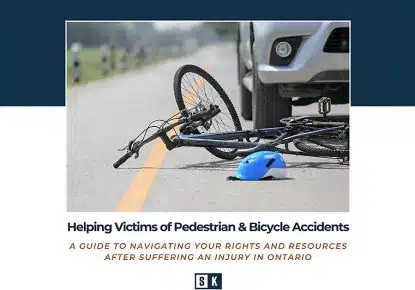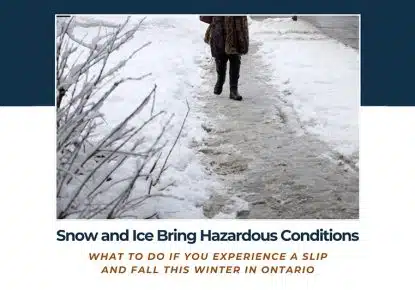
Navigating life under a cloud of suspicion – Another injustice for survivors of traumatic brain injury
Many of our clients deal with the challenges from traumatic brain injury and now the compounding isolation brought on by the COVID-19 health pandemic. What few consider is what else they have to navigate.
Insurance companies have been known to conduct surveillance and investigations into accident victim’s activities with the goal of delegitimizing the claim. An investigator may be hired to follow the victim when they leave home or to scour social media for signs of living a normal life. Did they travel? Were they captured on social media doing activities they said they couldn’t do? Were they seen shoveling snow or gardening outside their home? What examples can be found of a person experiencing life in contradiction to their claim?
For many brain injured clients it can be a fine balance between trying to live a normal life and justifying a disability.
Individuals with brain injuries face additional challenges when trying to resume activities while claiming compensation for their losses. In addition to fear of insurance company surveillance, people with brain injuries are often misunderstood by family, friends and employers. This is especially true for those with mild traumatic brain injury which is often not seen in scans. Similar to chronic plain, evidence of an “objective injury” can be difficult to prove. A brain injury can cause subtle changes that may not be easily recognizable.
Traumatic brain injury can cause cognitive and executive functioning problems. This can lead to poor decision making where an injured person may do something that may hurt their claim. For example, a person may require constant supervision, but wonder out on their own and then are captured on surveillance. Another may drive a car despite having their licence taken away due to their injuries. Poor judgment can be the result of a brain injury or just bad decision making.
For lawyers, counselling a brain injured client and their caregivers about activity levels can be challenging. The ultimate goal is rehabilitation and resuming a normal and healthy lifestyle. At times this can come at odds with obtaining full compensation. It is difficult to know what someone is able to do unless they try.
In most cases, if clients are honest and fulsome in reporting their levels of activity to lawyers, adjusters and doctors involved, questions of credibility do not arise. Unfortunately, the fear of being followed or not being understood can lead to some victims staying home, reducing their activities or exhibiting paranoia of being watched. Sometimes these fears of being monitored are legitimate.
If you have an acquired brain injury resulting from a fall, motor-vehicle accident, sports injury, or other accident, we understand what you are going through and we are here to help. Contact us today.








